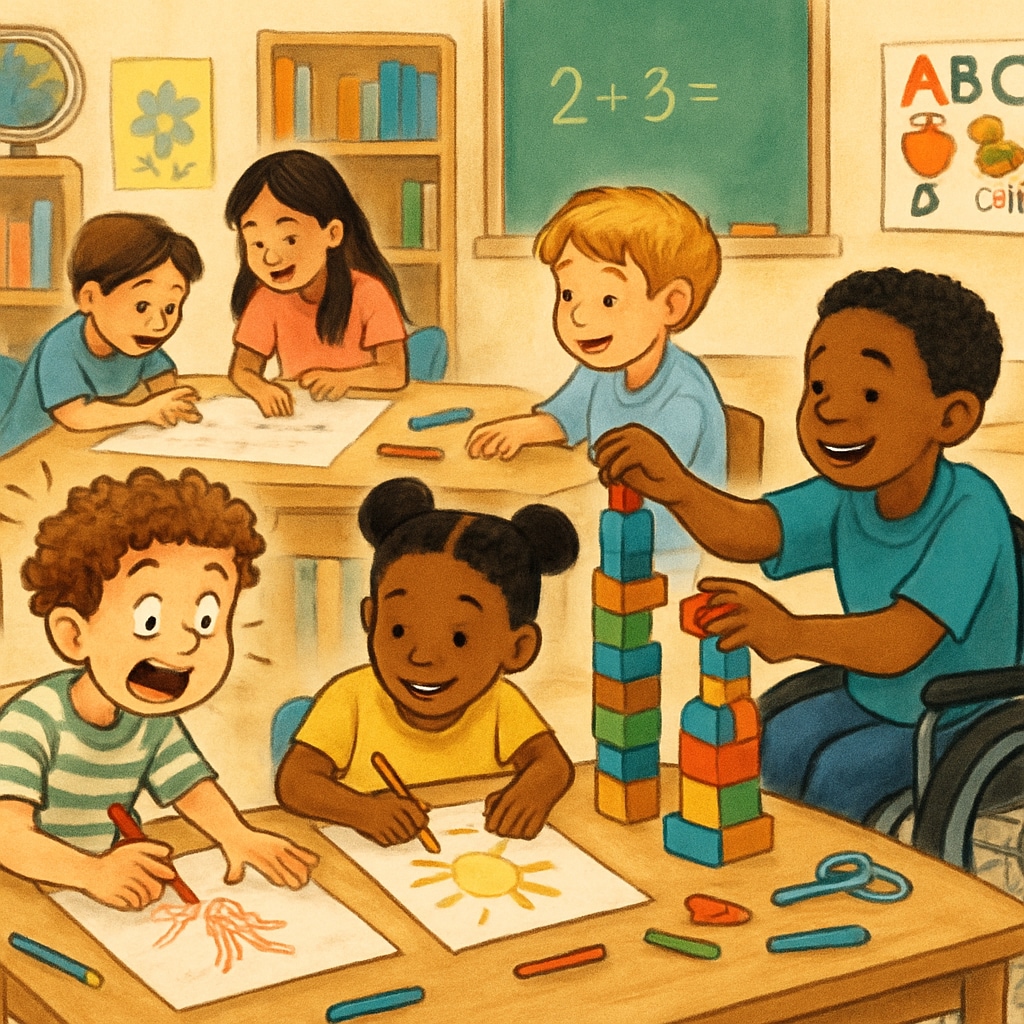Standardized tests have long been the cornerstone of identifying students for gifted education programs. However, these tests often fall short in recognizing the potential of students with ADHD (Attention Deficit Hyperactivity Disorder). This gap in the system results in many high-potential students being overlooked for gifted classes simply because their unique learning profiles do not conform to traditional metrics of evaluation.

The Limitations of Standardized Testing in Gifted Education
Standardized tests are designed to evaluate cognitive abilities, academic performance, and problem-solving skills. While these metrics are useful, they often fail to account for the diverse ways in which intelligence and creativity manifest. For students with ADHD, their ability to focus on a single task or perform well under timed conditions may be impaired. As a result, their test scores may not reflect their true capabilities.
According to a Britannica article on ADHD, individuals with ADHD often excel in creative thinking, problem-solving, and out-of-the-box ideas. These attributes are invaluable in gifted education but are not easily measurable by standardized tests. Hence, the reliance on such tests disproportionately excludes students with ADHD from opportunities that could foster their talents.
Unveiling the Potential of ADHD Students
ADHD students often exhibit traits such as hyperfocus on topics of interest, high creativity, and an ability to think divergently. For example, they may excel in tasks requiring innovative solutions or display an exceptional ability to connect seemingly unrelated ideas. However, these strengths are often overshadowed by their struggles with organization, time management, or traditional classroom behavior standards.
To better identify these students, some educators are advocating for a multifaceted approach that includes teacher recommendations, parent insights, and portfolios of student work. A more holistic view of a student’s abilities can help ensure that gifted programs do not exclude those with unique but equally valuable strengths.

Solutions for More Inclusive Gifted Education
To address the shortcomings of current selection processes, schools can adopt several strategies:
- Broadening Evaluation Criteria: Incorporating creative tasks, collaborative projects, and student portfolios into the evaluation process.
- Training Educators: Providing teachers with training to recognize the unique strengths of ADHD students, such as creativity and problem-solving abilities.
- Flexible Learning Environments: Designing classroom activities that allow for movement, hands-on learning, and individualized pacing.
- Parental Input: Involving parents in the evaluation process to gain insights into a child’s strengths and potential outside the classroom.
These strategies can help create a more equitable system that values diverse forms of intelligence and ensures that gifted programs are accessible to all students with potential, regardless of their learning differences.
Why This Matters for the Future
Failing to include ADHD students in gifted education programs is not just a loss for the individual but also for society. By overlooking their talents, we miss the opportunity to nurture future innovators, leaders, and problem-solvers. On the other hand, inclusive practices can help unlock the potential of all students, creating a richer and more diverse pool of talent for the challenges of tomorrow.
As educational systems evolve, it is crucial to move beyond one-size-fits-all methods of evaluation. A shift towards more holistic and inclusive approaches will ensure that no student with untapped potential is left behind.
In conclusion, while standardized tests remain a useful tool, they should not be the sole determinant for gifted education placement. A broader perspective that recognizes the unique strengths of ADHD students can pave the way for a more inclusive and effective educational system.


